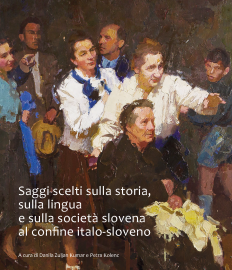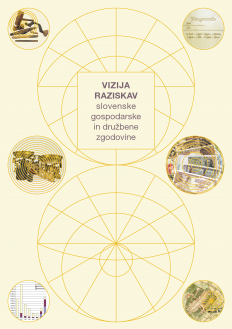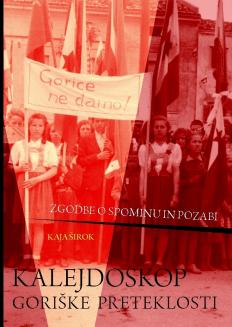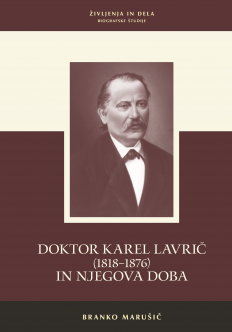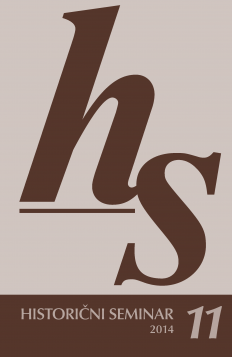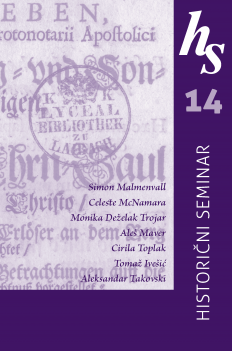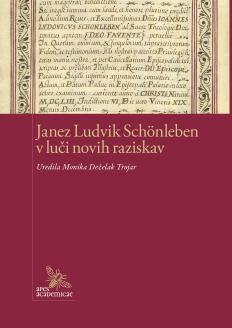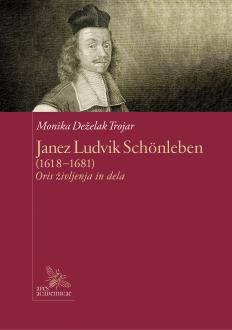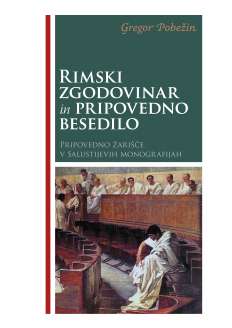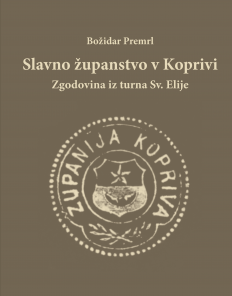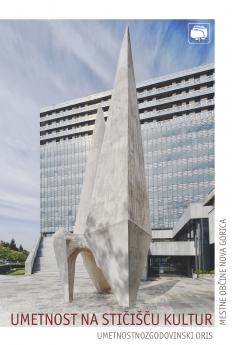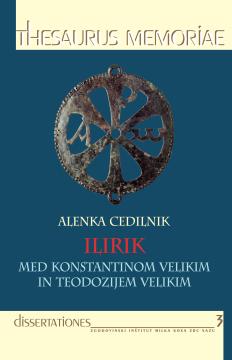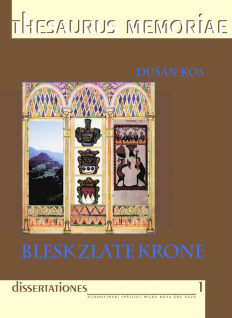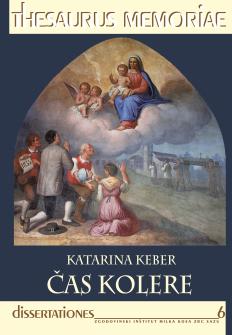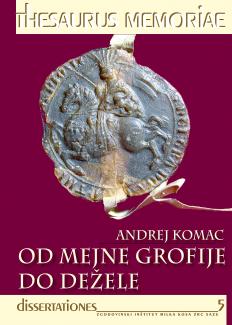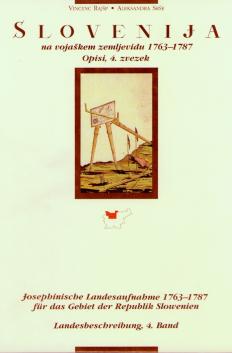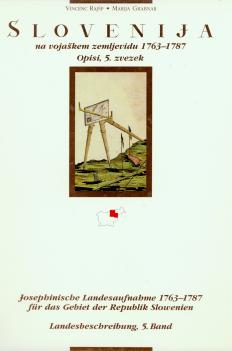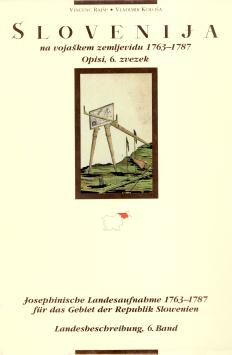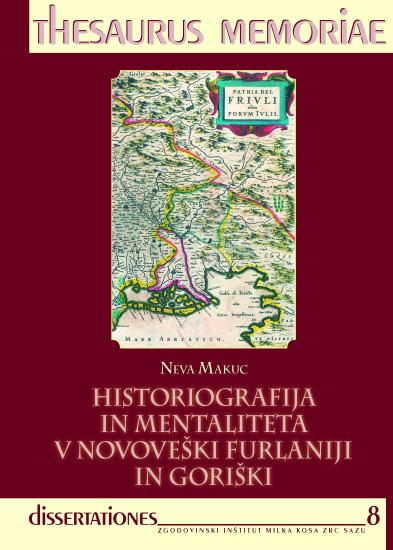
Through the presentation and the study of the numerous and heterogeneous historiographical pieces of production of the Friuli and of Gorizia the monograph treats some special aspects of the mentality of the modern era, specifically the diverse collective identities of histographers themselfs (for example, Friulian and Goritia provincial identity, sense of belonging to the Italian linguistic and cultural sphere, etc.) and perceptions of ''other'' groups. Peoples on the other side of the Alps, particularly the Germans, are regarded as barbarians, based on the ancient antagonism between Germans and Romans. Certain other stereotypes, such as those regarding Greeks, Jews, and Turks, are based on older prejudices. Most hostile of all is the attitude towards the Ottomans, a product of the constant fear of their incursions.
Based on traditions from antiquity and the Middle Ages, groups whose otherness was especially strongly felt due to pronounced cultural and other differences were regarded as barbarians (Huns, Avars, Hungarians, Scythians, Ottomans, etc.), or their supposed descendants were perceived as a biologically related and homogeneous group with certain fairly well established negative traits. The monograph looks also at the knowledge of the Slovenian space and the perception of medieval and modern era Slavs from the present-day Slovenian territory. The authors treated do not show any particular interest in or knowledge of the history of the area east of Friuli. Their interest was restricted mainly to geographical data, especially particular sites of interest and curiosities. Their works also included reports about medieval Slavs, mainly descriptions of battles between the Slavs and the Lombards based on accounts by Paul the Deacon. Different origins were attributed to Slavs in these writings, but they all had in common the categorization of Slavs as belonging to a lesser civilization (originating from the Huns, Scythians, etc.); in general, their Friulian compatriots were regarded as descendants of different, including the so-called barbarian, peoples. Provincial consciousness transcended linguistic and supposed ethnic differences, and for this reason in the modern era Slavic community was also accepted as part of the local population, just one who happened to speak a Slavic language. Their linguistic difference was noted simply as a curiosity and mere statement of fact without any particular emotional charge; this was acquired by the linguistic sphere, embedded in the web of nationalism, only in the 19th century, when the choice to use a particular language reflected a particular national identification. In the modern era the mere awareness of the existence of specific language, cultural, or social communities, without any particular emotional or political significance, did not also mean the existence of ethnic or national consciousness.
hardback 20 × 28 cm 278 pages
Keywords
Friuli | Goriška Region | historiography